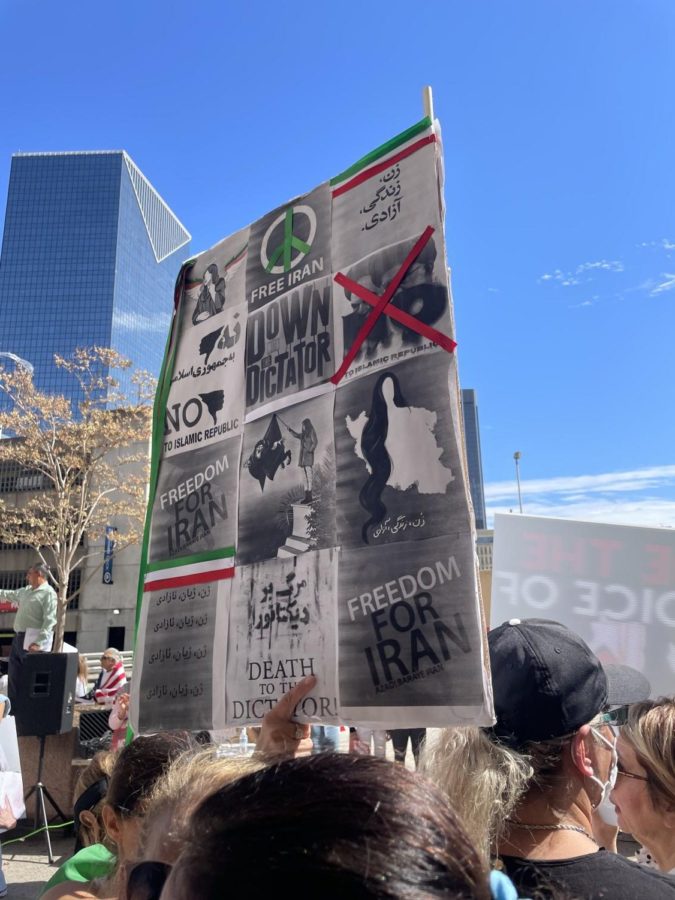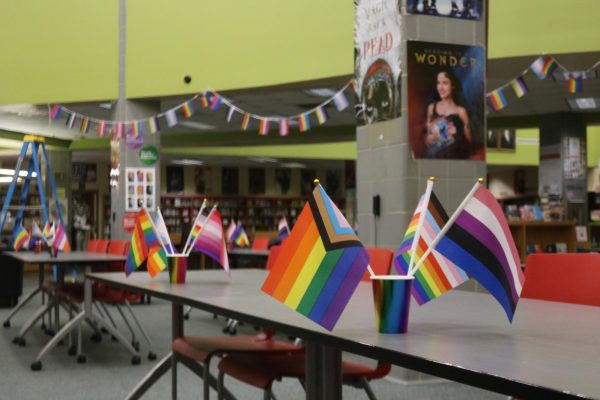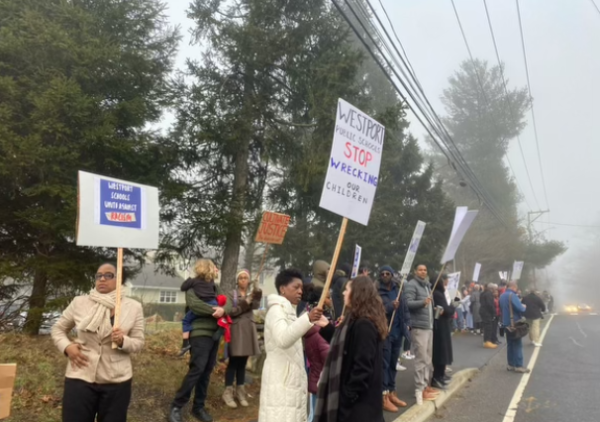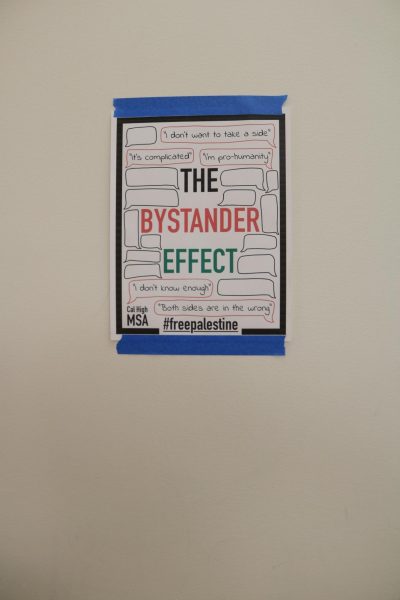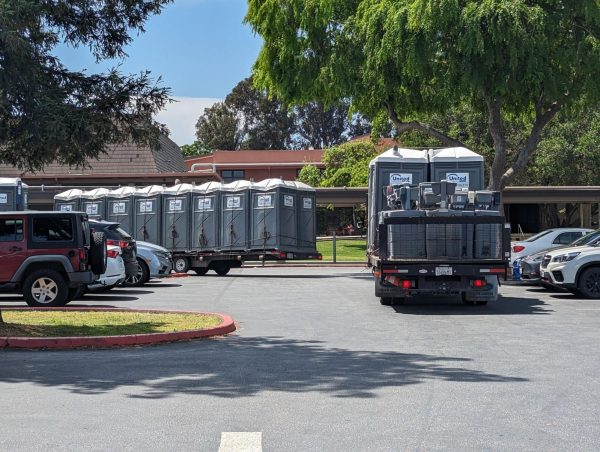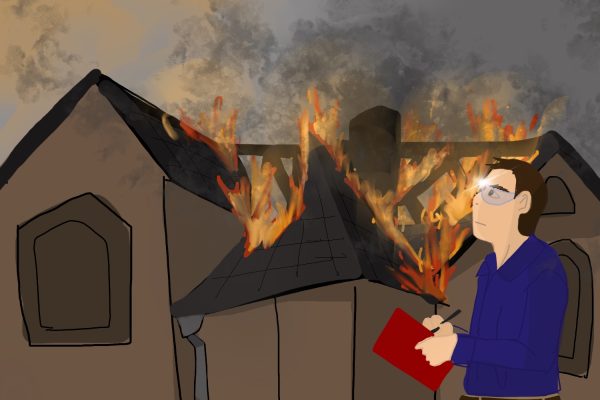“It’s Just Us Against a Military, Us Against a Dictatorship”: Iranian Students Express Concerns Regarding Conflict in Iran
October 25, 2022
At the age of eight, sophomore Negin Soltanian learned to chant.
“The dictator has to be killed,” were the words her Iranian father instructed her to repeat in Farsi as corruption in Iran grew.
Over the years, Soltanian and her family attended several protests at CNN Center in downtown Atlanta to fight against a regime she said has destroyed Iran’s economy and the country they once called home.
Soltanian says she now wishes more than ever these words could be true. This message is now found in bold letters across posters of Iranians protesting the country’s dictatorship.
Their rage was sparked by Mahsa Amini’s death, who was in the custody of Iran’s morality police, on Sept. 16.
Nearly 7,000 miles away, this rage is present in the heart of Cambridge’s Iranian students, some of whom pray to see what they described as Iran’s oppression of women.
The Islamic Republic of Iran enforces a conservative dress code that every woman must obey to uphold their idea of what is religiously correct.
“[Iran’s government] placed these rules as if that’s what God wants, but it’s actually what they want,” said Soltanian. “The government has taken Islamic beliefs and changed them to be a forceful, cruel thing.”

Women who violate this dress code have been arrested, beaten, or in Amini’s case, killed.
This reality is chilling to many because Amini was targeted, not for rejecting the headscarf altogether, but for wearing it too loosely. She was allegedly beaten in the police’s patrol car, according to several reports.
The news of Amini’s detention and death led Soltanian to reflect on the women in her family.
“When I went to Iran, no one really wore their hijab properly,” said Soltanian. “I would put my hijab around my neck and to think that I could’ve been Mahsa, my mom could’ve been Mahsa, my family can be Mahsa.”
Sophomore Sahand Parvini lived in Iran for nine years. Yet even now that he lives here in the States, a piece of his heart breaks every day seeing what could happen to his family in Iran.
“You either do exactly what the government wants you to do, or you’re getting killed,” Parvini said.
Parvini shares that as long as his family lives in Iran, this could happen to any of them.
“I’m always worried for them,” he said. “It’s scary to know that they could possibly be harmed for anything.”
On Sept. 21, Iran’s internet access, which was already restricted, was temporarily cut off nationwide. Although even before this, certain social media platforms had already been blocked, and still are.
“We haven’t been in touch with our family in Iran because there have been rumors about the government recording phone calls,” Parvini said. “We’re too afraid to call them and see how they’re doing.”
With no promise of security, families are forced to go silent.
“I haven’t had contact with my family in over a month,” said junior Melina Olfatii. “The last thing they told us was, ‘Don’t call us until we call you’.”
Olfatii is actively spreading awareness in any way she can through her social media platforms.
“I wish I could do so much more,” she said. “Seeing these young girls in Iran put their life on the line to protest is so empowering, and it feels like reposting a story isn’t enough.”
Olfatii was scrolling on Instagram in line at Six Flags when she saw coverage about university students in Tehran harmed and injured after a protest. She recalls rushing in tears to text her mother, asking whether her family, which lives near the area, was okay.
Her mother responded that she had no way of knowing whether they were safe.
“They’re trapping the people of Iran,” Olfatii said. “Which is sad, because Iran is our home.”
The uncertainty of what’s to come has left many, like Soltanian and Olfatii, feeling powerless.
“It’s just us against a military, us against a dictatorship,” Soltanian said. “For me to be thousands of miles away, be 15 years old and have to watch my mom cry in fear of her family dying, breaks me.”
This story was originally published on The Bear Witness on October 18, 2022.



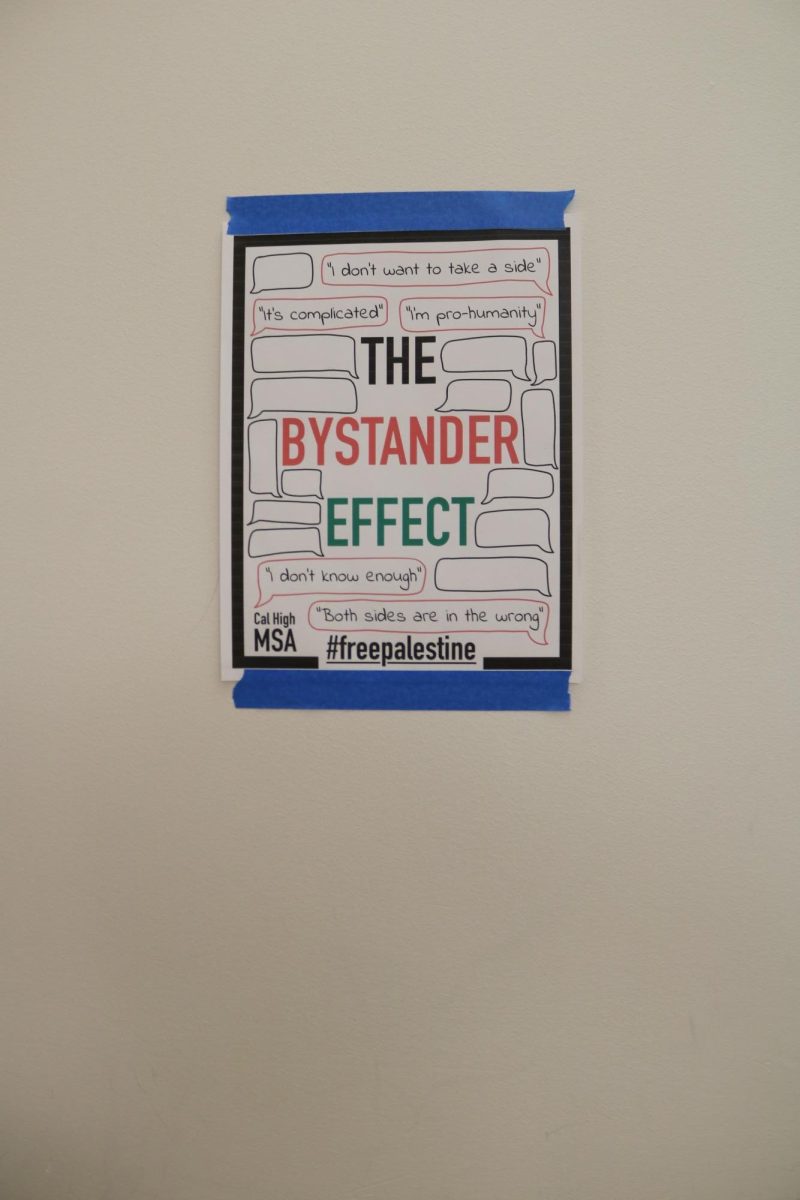











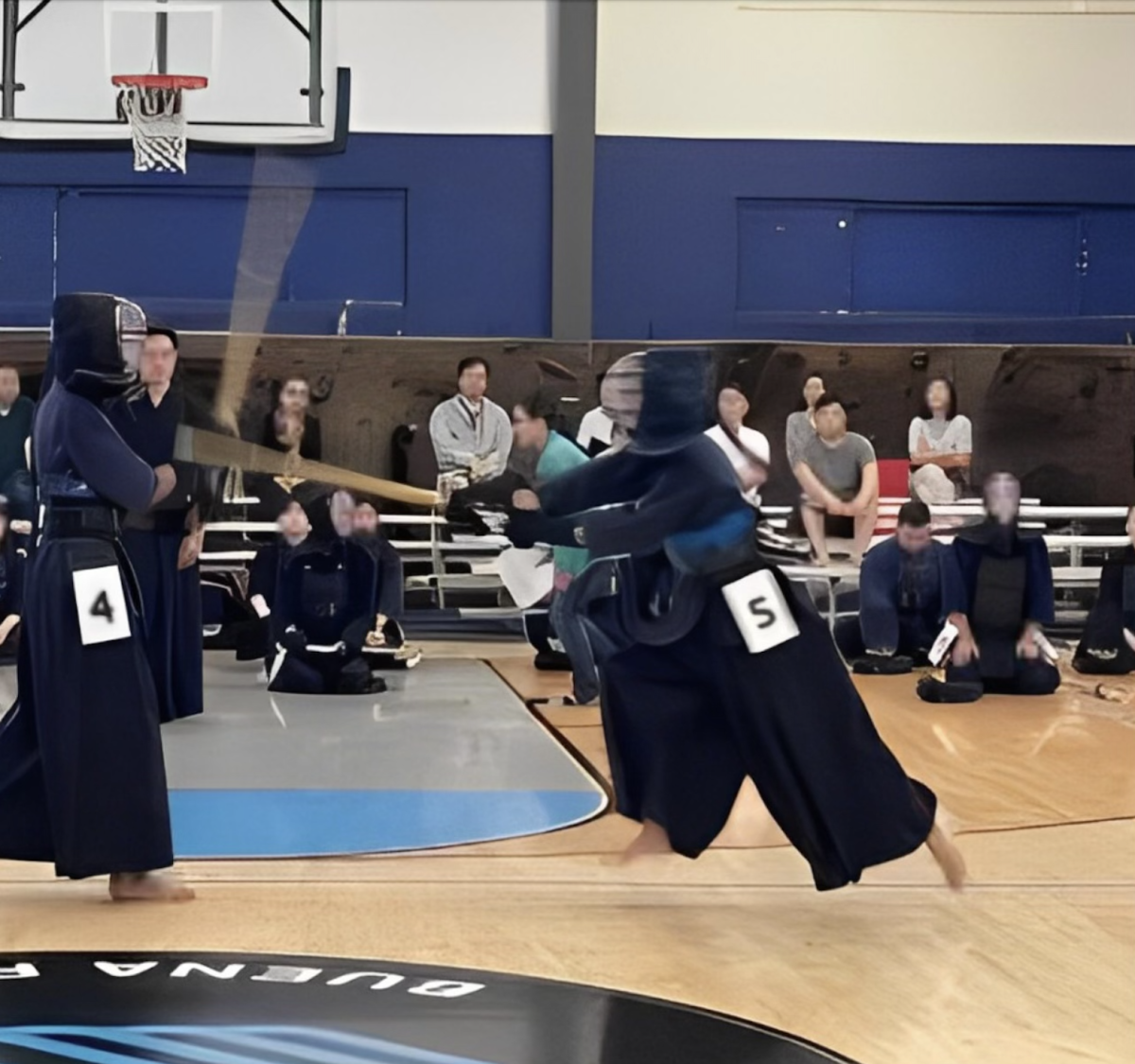

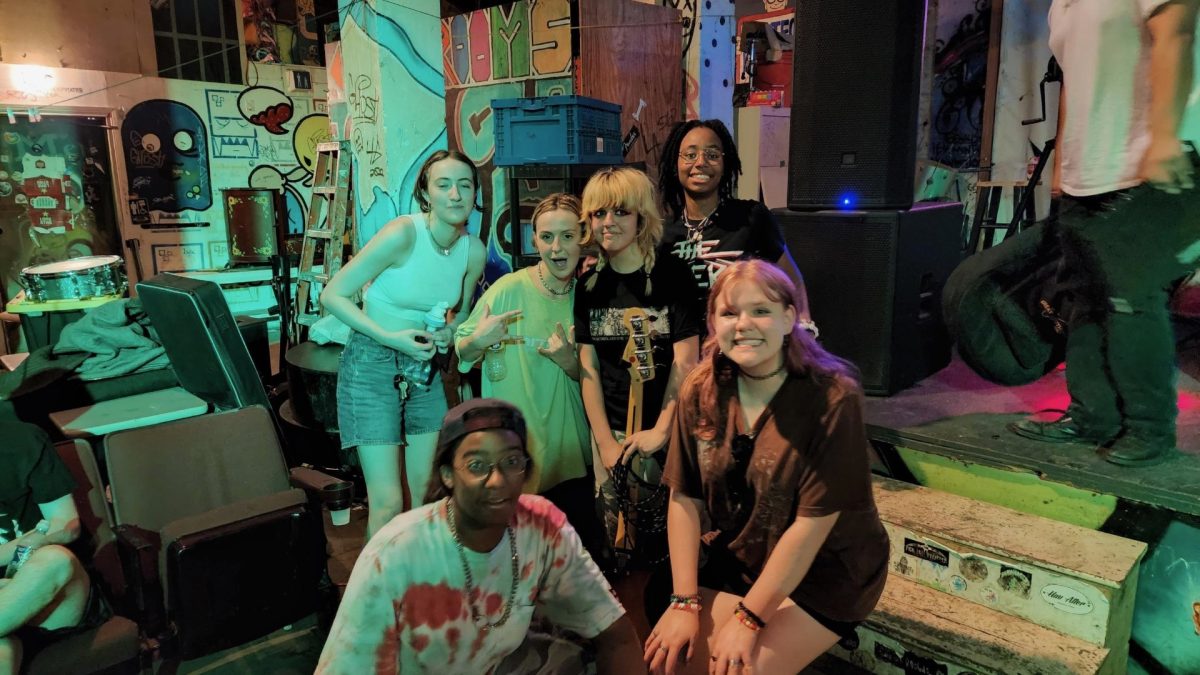














![IN THE SPOTLIGHT: Junior Zalie Mann performs “I Love to Cry at Weddings,” an ensemble piece from the fall musical Sweet Charity, to prospective students during the Fine Arts Showcase on Wednesday, Nov. 8. The showcase is a compilation of performances and demonstrations from each fine arts strand offered at McCallum. This show is put on so that prospective students can see if they are interested in joining an academy or major.
Sweet Charity originally ran the weekends of Sept. 28 and Oct. 8, but made a comeback for the Fine Arts Showcase.
“[Being at the front in the spotlight] is my favorite part of the whole dance, so I was super happy to be on stage performing and smiling at the audience,” Mann said.
Mann performed in both the musical theatre performance and dance excerpt “Ethereal,” a contemporary piece choreographed by the new dance director Terrance Carson, in the showcase. With also being a dance ambassador, Mann got to talk about what MAC dance is, her experience and answer any questions the aspiring arts majors and their parents may have.
Caption by Maya Tackett.](https://bestofsno.com/wp-content/uploads/2024/02/53321803427_47cd17fe70_o-1-1200x800.jpg)
![SPREADING THE JOY: Sophomore Chim Becker poses with sophomores Cozbi Sims and Lou Davidson while manning a table at the Hispanic Heritage treat day during lunch of Sept 28. Becker is a part of the students of color alliance, who put together the activity to raise money for their club.
“It [the stand] was really fun because McCallum has a lot of latino kids,” Becker said. “And I think it was nice that I could share the stuff that I usually just have at home with people who have never tried it before.”
Becker recognizes the importance of celebrating Hispanic heritage at Mac.
“I think its important to celebrate,” Becker said. “Because our culture is awesome and super cool, and everybody should be able to learn about other cultures of the world.”
Caption by JoJo Barnard.](https://bestofsno.com/wp-content/uploads/2024/01/53221601352_4127a81c41_o-1200x675.jpg)




